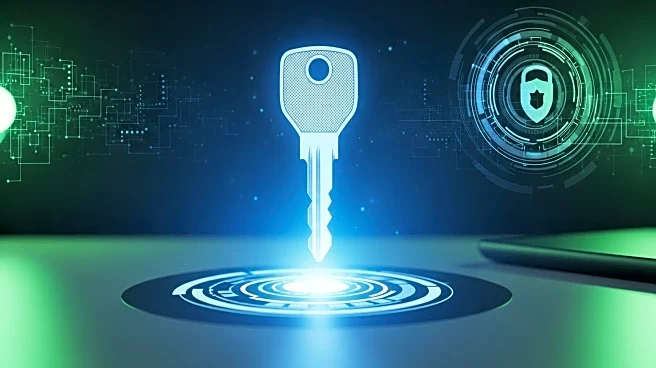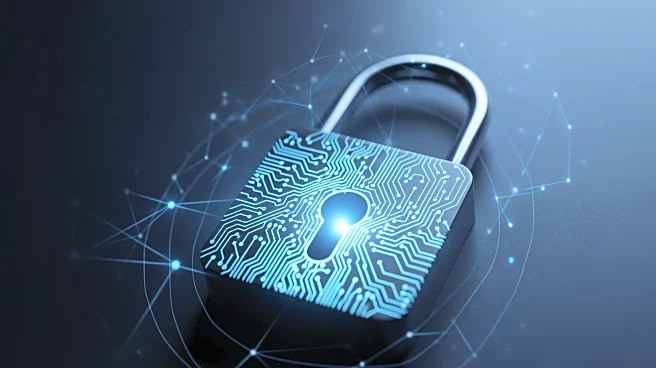What is the story about?
What's Happening?
Healthcare organizations are increasingly adopting Privileged Access Management (PAM) to secure their data and systems, especially in remote and hybrid work environments. PAM provides high levels of authentication, including face recognition and ID verification, to ensure user identity. This approach is crucial for organizations that work with third parties and remote workers using devices not owned by the organization. PAM solutions also analyze user behavior patterns to detect deviations and potential security risks. The zero-trust model extends security boundaries to individuals accessing systems, emphasizing identity as the new security perimeter.
Why It's Important?
The implementation of PAM is vital for healthcare organizations to protect sensitive data and maintain system integrity. As remote work becomes more prevalent, the risk of data breaches increases, making robust authentication systems essential. PAM helps mitigate these risks by ensuring that only authorized users can access sensitive information. This is particularly important in healthcare, where data privacy and security are paramount. Organizations that fail to implement effective PAM solutions may face increased security incidents, legal issues, and compromised business results.
What's Next?
Healthcare organizations are likely to continue expanding their use of PAM solutions to address the evolving security challenges posed by remote work. As the zero-trust model gains traction, more organizations may adopt similar strategies to enhance their security posture. Additionally, advancements in PAM technology, such as intelligent behavior analytics, could further improve the ability to detect and respond to security threats. Stakeholders, including IT departments and security teams, will need to collaborate to ensure the successful implementation and management of PAM systems.















